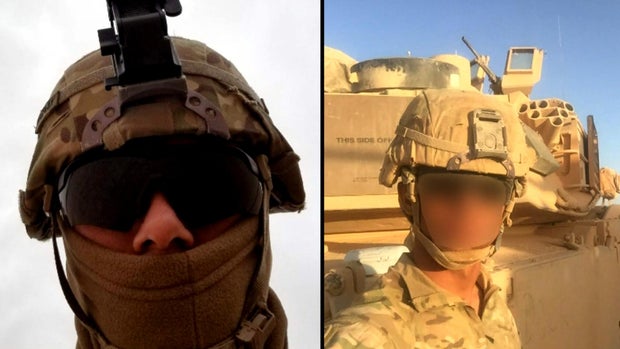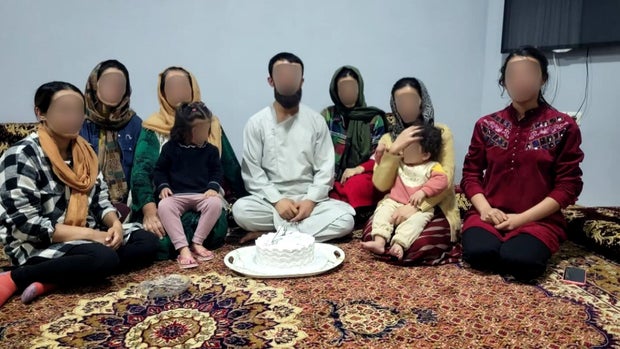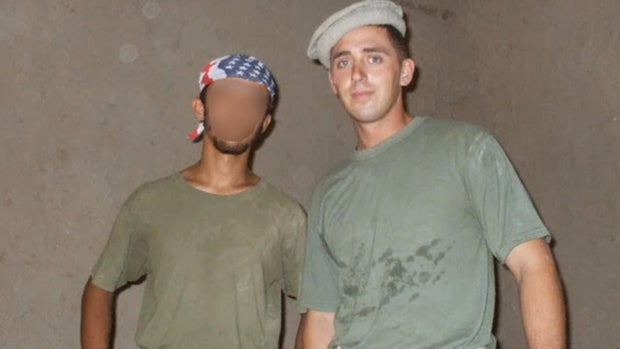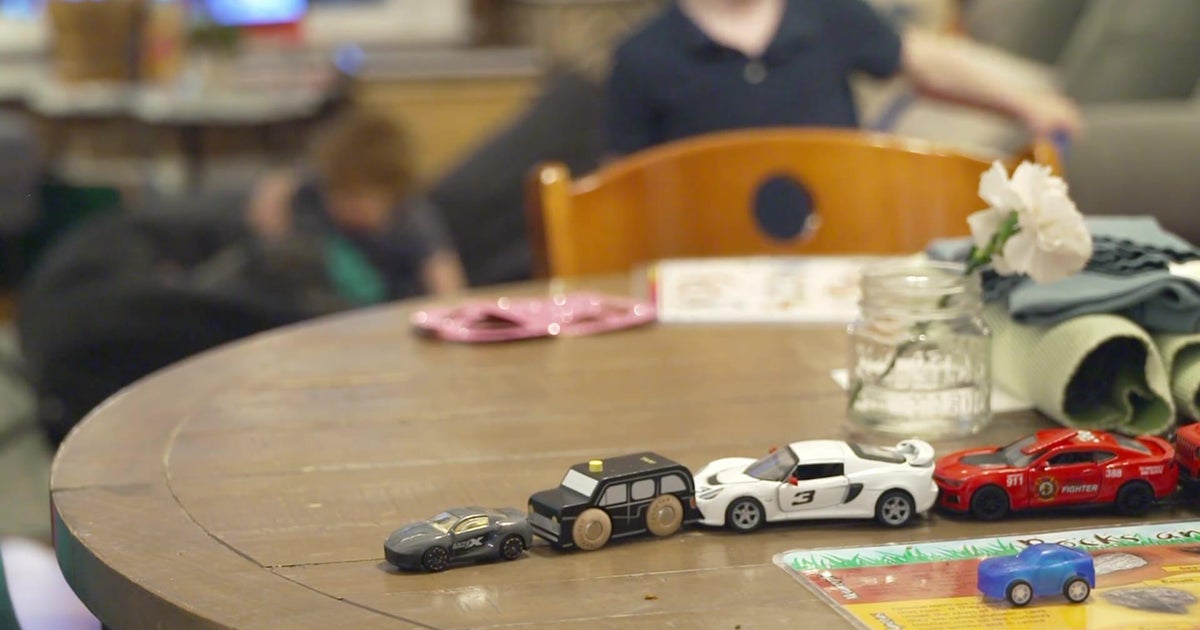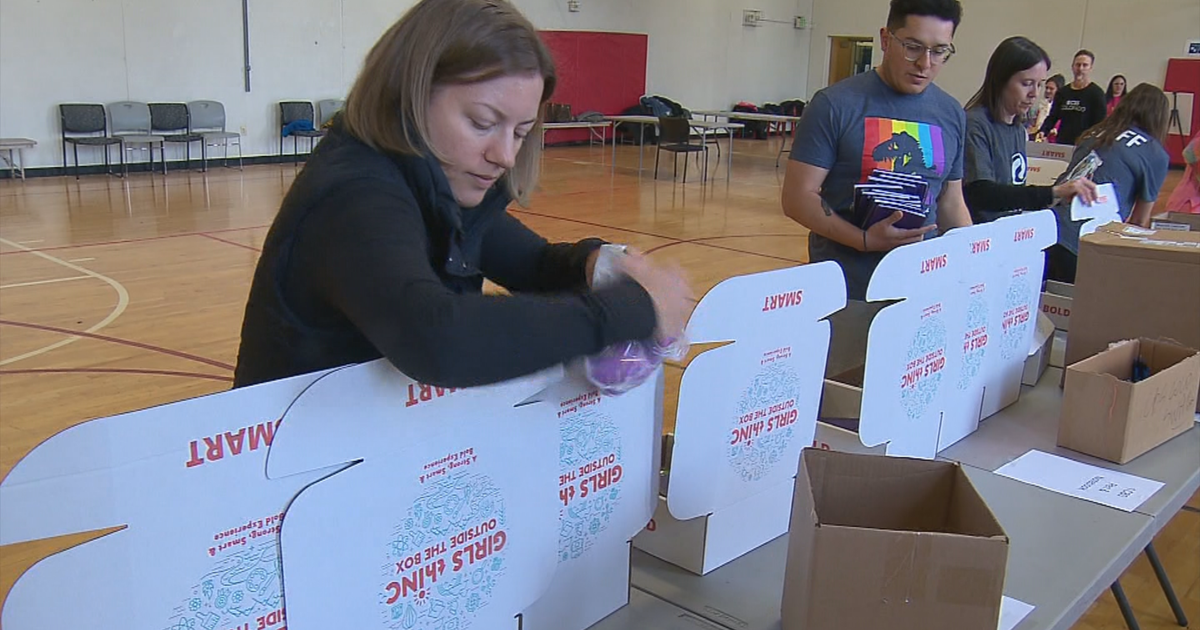Political refugees' plans to come to Colorado in limbo
It was the end of January. A former interpreter for the U.S. military, now an American citizen, was waiting for his sister, her husband and three children. They were to fly into Denver, finally safe after years of efforts to get them out of Afghanistan. But it was not to happen.
"We got hit by the Trump train. Hard," said the interpreter. "They are stranded," he added.
His sister remains at a refugee camp in Doha, Qatar.
"People are losing it. And they have every right to."
Refugee assistance was put on an indefinite pause by executive order in the early days of the new Trump Administration. Organizations that help in the re-settlement process in the United States using Congressionally approved federal funding were issued stop-work orders. President Trump said refugees were a strain on receiving communities. Trump said he would only restart the refugee program if he concluded that doing so would serve the interests of the U.S.
The State Department has now told refugee centers to make plans to shut down by April.
The sister and her family will be without a country. They sold belongings to help them get to the refugee base in Qatar. In a process that took several years, they were vetted and approved for U.S. visas, their flights to America approved.
"There's no way for her to go back. We know it's a death trap for all of these guys, not just my sister," said the translator, who we agreed to call "Ed" due to the risks to his family members.
Ed began helping U.S. forces in his home country in 2008 after getting out of high school with English language skills. He worked for several military branches over the course of six years. War never stopped. Ed made friends among the Americans as he worked with them, helping American forces as they attempted to root out the Taliban. It followed the death of his father years before when he was a child due to the Taliban. Ed wanted change in his country. But in 2013, Ed took advantage of the American policy of granting special immigration visas to those who had helped U.S. forces and left for the United States. It put him on a path to citizenship after his arrival.
He ended up in Colorado due to the availability of oil field work. Soon, though, he followed a dream and signed up with the U.S. Army. Ed served four years, including two deployments in Iraq. All the time he worried about the five sisters, mother and younger brother he had left in Afghanistan and told his commanding officers about it.
"People are threatening him. People are telling him, you know things that, 'We know who you are, we know what your brother has done,'" said Ed.
He managed to help get his brother out and over the border into a neighboring country with the help of a human smuggler. But soon there were more and never-ending demands from the smuggler. More money for bribes and documents. Ed was running out of money. Soon, without a path to come to the U.S., his brother would be deported back to Afghanistan. That was 2018, during the first Trump Administration.
"Soon after he got home he was killed, cold blooded, in my own street," said Ed.
In 2019, Ed got out of the army and returned to Colorado. He worked constantly to get his mother and five sisters out. He contacted state and federal lawmakers. Some outright ignored him.
"During the collapse of the government, I reached out to everyone. The V.A., governor, senators of the state of Colorado, House of Representatives. People were telling me we cannot help you, you're not part of this district."
Ed was upset with lawmakers, many of them Democrats.
"I am a conservative by heart. I believe doing things in the right way," said. He registered as a Republican and remains so today.
Ed is not happy the United States left Afghanistan and the people who backed the U.S.
"Twenty years later we shake their hands, we leave $80+ billion, leaving the same enemy that we were there to get rid of to destroy, to eradicate, leaving the same enemy much more strong."
He ended up going back to Afghanistan for nearly two years, sleeping at the homes of friends, constantly on the run from the Taliban. He paid thousands and thousands of dollars to try to get his family out.
"Finally something happened in within the Department of Defense," he said. "The Department of Defense created this little department with a few people in charge. A colonel was in charge."
While the Department of State was saying they were not eligible over the age of 21, Ed kept pushing.
"They came through for us," he said of the Department of Defense. "And it wasn't just the DOD. I think Biden made an executive order for veterans and military personnel and their families to be brought over to the U.S."
His mother and four of his sisters were allowed to come and now live with Ed in the northern suburbs of Denver, holding jobs and waiting for one additional sister and her family. She was pregnant at the time the others got out and could not. Now there are three young children along with her husband.
For that sister, there has been over two years of additional paperwork and screening. Three months ago, however, they were able to get on a plane from Kabul to Doha, where they went to the refugee facility.
"The system was working. There was a little bit of decency. Now that I can compare it to what we had before this Administration. There was a little bit of decency."
The U.S. refugee program is designed to offer a safe haven to people abroad fleeing persecution based on their race, religion, political views or other factors. Typically, refugees are referred to the U.S. by United Nations officials and spend months or years in third countries undergoing interviews, as well as security and medical checks, before being allowed into the U.S.
"On the 25th of January she was handed over a plane ticket for the family to leave Doha for Denver. They were to arrive on the 29th."
Then everything stopped. He fears his sister and family will be sent back to Afghanistan.
"There's no way for her to go back. We know it's a death trap."
Ed's view of Donald Trump, whom he voted for in November has hardened.
"I am ashamed. I am. He's supposed to have our backs."
He fears the rhetoric of Donald Trump and his supporters. He reads the ugliness online.
"God, there's a lot of bigotry and if anything this guy has just made it worse.
"Ever since I've seen what's happening on the news. I get scared. I get scared to a point where I get goosebumps," he said about reactions towards legal immigrants like his sisters who choose to wear head scarves. He vows to protect them. It is his responsibility.
"America's getting scary, but I will fight."
A federal judge has blocked the Trump Administration's "pause" early last week. The judge called it a "nullification of Congressional will."
There's been no change in direction by the administration yet in response. Late last week, federal contracts with national organizations that distribute funds to local organizations that help in re-settlement programs were terminated.
To Ed, his sister, her husband and children will be in danger due to what he did to help the United States.
"I just want somebody to tell me as an American, as somebody that has shed sweat in this land, asked Ed, "I have given the country what I could. Maybe it wasn't my blood, but I was willing to give it," he said.
He now plans to serve further as a U.S. citizen. He will enter a police academy to become an officer in April. Even after what has happened to his sister, family and others like her that seems so un-American.
"Of course this is personal. Of course this about my family. My family and my family -- the veterans."
